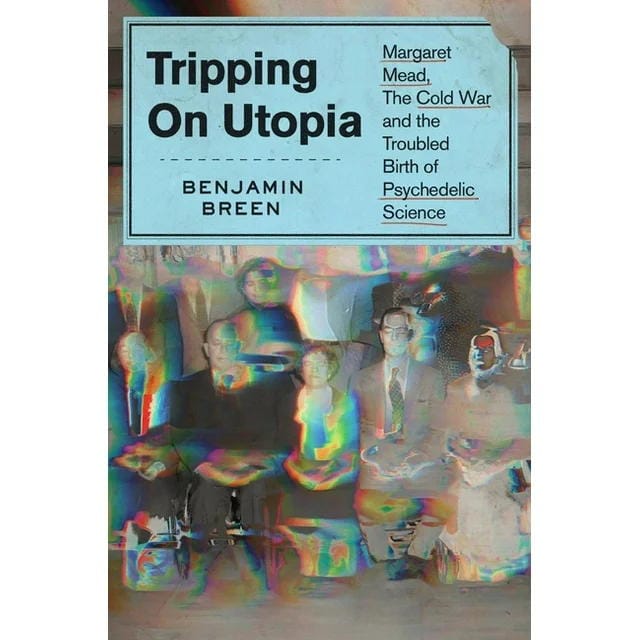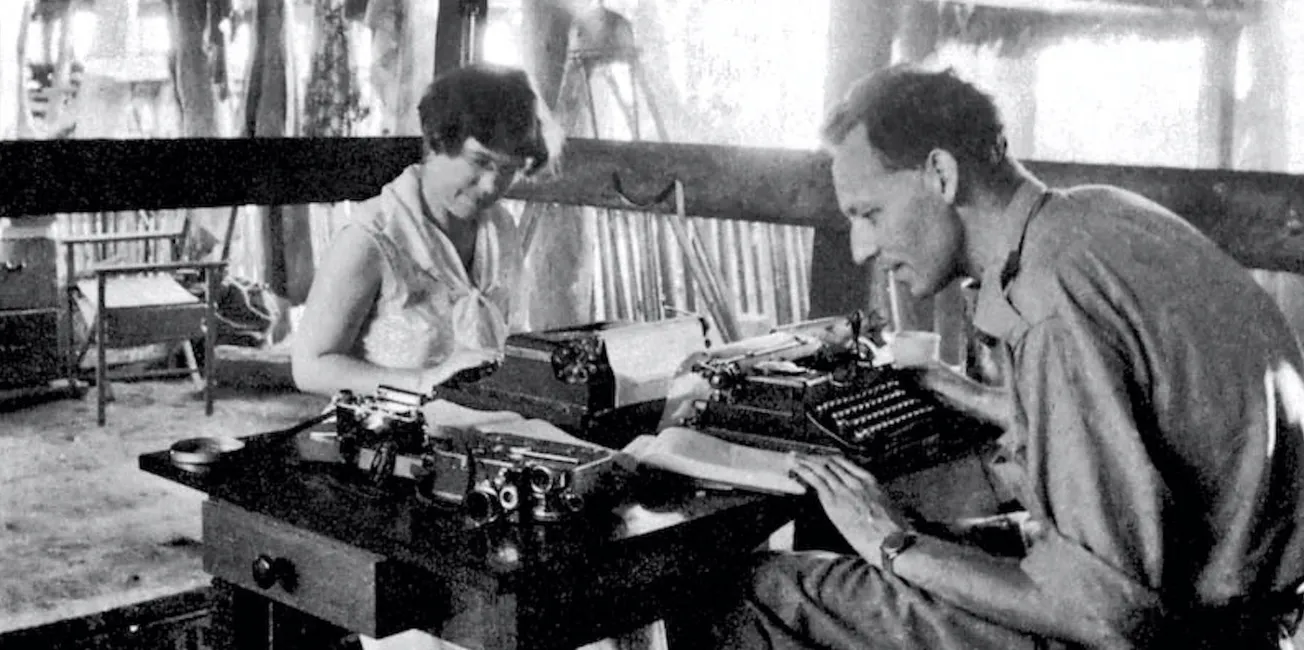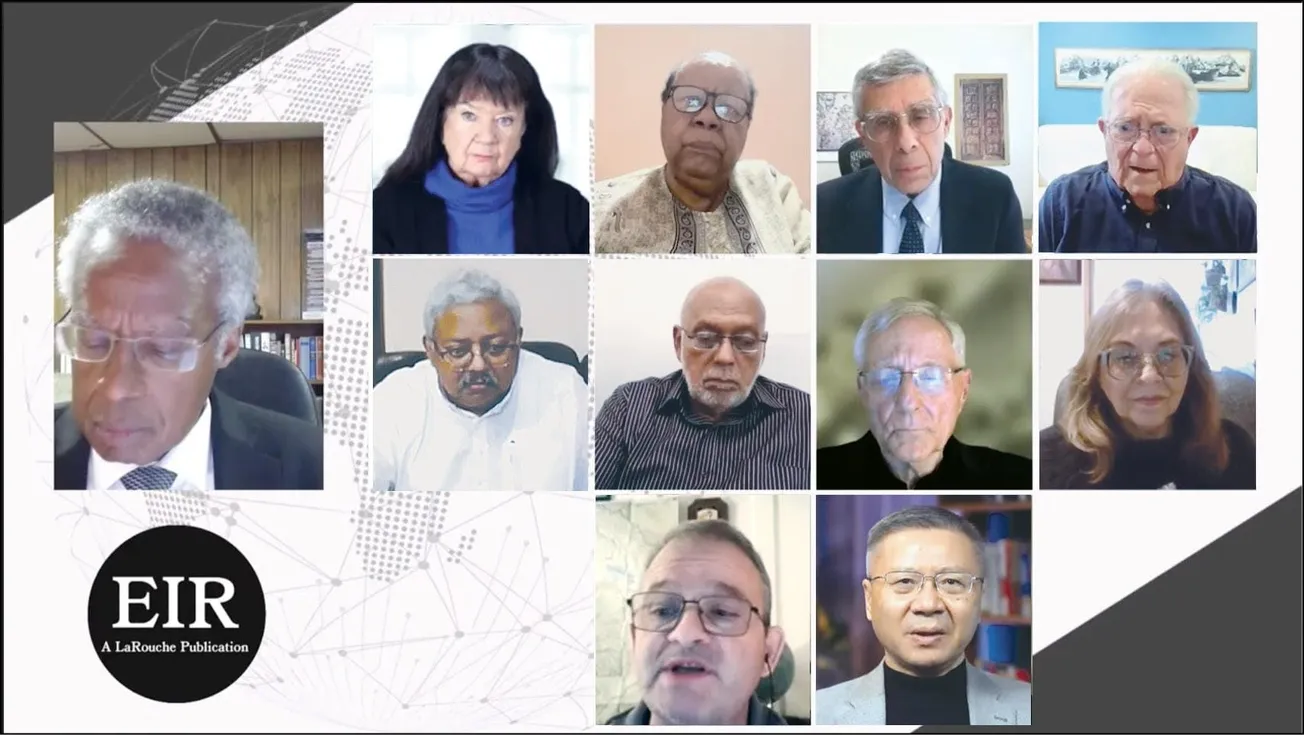Tripping on Utopia: Margaret Mead, the Cold War, and the Troubled Birth of Psychedelic Science
by Benjamin Breen
New York, Grand Central Publishing, January 2024
Hardbound, 369 pp. with notes, $30.00
Author Benjamin Breen has chosen, as the protagonists of this account, Margaret Mead and Gregory Bateson, two individuals who had gained some public recognition as scientists (principally as anthropologists, though they dabbled in other disciplines) and who shared a long-term relationship that included a period of marriage, as well as other, rather more complicated personal and professional interactions. Both of them, according to Breen, saw themselves as cultural pioneers who believed that science, loosely defined, along with LSD, could help in the creation of new cultural dynamics that might lessen the danger of war, as well as providing other things which they viewed as beneficial, such as a greater variety of sexual roles and relationships.

In pursuing these goals, they found themselves in a close working relationship with the CIA and private foundations who had their own agenda, less warm and fuzzy. These shadowy networks, which provided the funding, were clearly calling the shots.
Fifty years ago, EIR’s editor-in-chief, Helga Zepp-LaRouche, had an opportunity to study Margaret Mead in her natural habitat, at the UN’s World Population Conference in Bucharest, Romania, in 1974. Years later, Zepp-LaRouche recalled that Mead:
… went into a disgusting and fundamentally racist portrayal of the population question. When I pointed this out in the discussion period, as well as the genocidal consequences it would have, if you were to deny the larger portion of the human species any access to development, a similar explosion [similar to the response to Zepp LaRouche’s earlier question to John D. Rockefeller III at a different panel—ed.] occurred.
Half of the journalists present applauded wildly, coming over to me, shaking my hand and thanking me for my courage, while others raised their fists in the air. But then, waddling from the podium as fast as she could go, came Dame Margaret Mead, in an effort to hit me with the Isis stick that she carried around, as either a walking aid or a cult object—which one, was not clear to me.
—“Population Control is a ‘Rockefeller Baby,’” by Helga Zepp LaRouche, EIR, July 18, 1997
The MK-ULTRA Project
The “MK-ULTRA” project first came to public attention during the 1975 Church Committee hearings into abuses by the intelligence agencies. It has been presented in the popular press as CIA-directed research into the potential uses of LSD and similar drugs for interrogations or brainwashing, but as this book reveals, the real agenda was social engineering: the quest for a drug-fueled “utopia.” Benjamin Breen is not the first author to chronicle the Great Paradigm Shift, the process by which what was once known as the “counterculture” became the “culture.” But unlike some of the more titillating accounts which focus on the hippy-dippy excesses of the youth movement, this one examines the earlier, ostensibly scientific investigations that took place, intersecting the efforts by secretive government agencies to study and promote the uses of “psychedelic” drugs.







